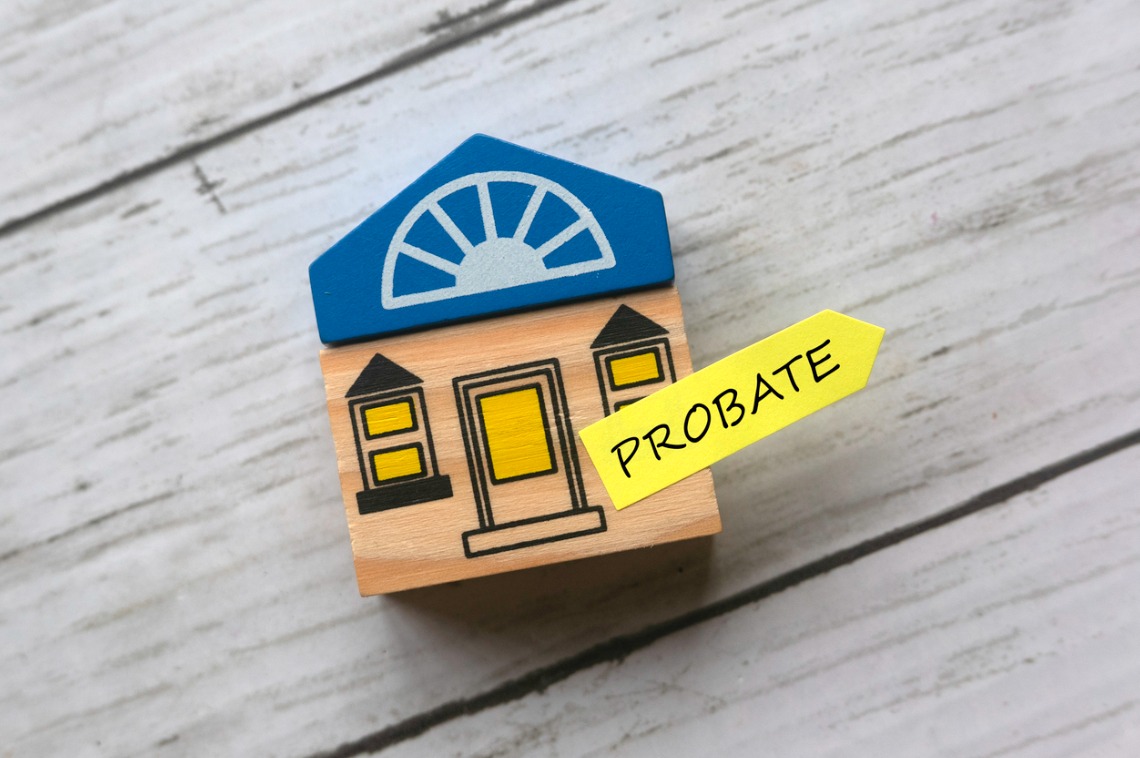U
nderstanding probate is crucial for buyers, sellers, and inheritors of real estate. It's a legal process that involves validating the deceased's will, settling debts, and distributing assets to heirs. This guide will provide an easy-to-understand overview of probate sales, including the probate sale process, estate planning strategies to avoid probate, and legal documentation and state-specific nuances for handling probate sales.
Understanding Probate Sales
A probate sale occurs when a property is sold during the probate process. This often happens if the deceased did not leave a will or if the will specifies selling the property to distribute assets among heirs. The court supervises probate sales to ensure the property is sold at fair market value and proceeds are used to settle debts before being distributed to heirs.
Differences Between Probate Sales and Regular Sales
1. Court Involvement: Unlike regular sales, probate sales require court approval at various stages, making the process longer and more complex.
2. Appraisal Requirements: The court mandates an appraisal to determine the property's fair market value. This ensures the property is not sold for less than its worth.
3. Offer Process: Offers made on probate properties are typically subject to court confirmation, which can result in a public hearing where higher bids may be entertained.
4. As-is Sale: Properties sold through probate are commonly sold "as-is," meaning the seller (estate) is not responsible for any repairs or upgrades.
Navigating a Probate Sale
1. Appoint an Executor: The probate court appoints an executor responsible for managing the deceased's estate, including inventorying assets, paying debts and taxes, and distributing remaining assets according to the will or state law if there is no will.
2. Property Appraisal: An independent appraisal is conducted to determine the market value of the property. This is crucial for ensuring the property is sold at a fair price and helps set a minimum price for the sale. For tax purposes, the appraisal must also establish the value at the time of death.
3. Listing the Property: The executor lists the property for sale, often with the help of a real estate agent experienced in probate sales. The listing includes the appraised value as a guideline for potential buyers.
4. Accepting Offers: Buyers submit offers, usually with a 5% deposit or what's customary in the area. The executor reviews the offers and selects the best one, but this selection is subject to court confirmation.
5. Court Confirmation: A court hearing is scheduled to confirm the sale.
6. Closing the Sale: Once the court confirms the sale, the closing process begins. This includes transferring the title to the buyer and distributing the sale proceeds to settle the estate's debts and then to the beneficiaries.
Estate Planning Strategies to Avoid Probate
1. Create a Living Trust: A living trust allows you to transfer assets, including real estate, into a trust during your lifetime. You manage the trust while alive and upon your death, the trust transfers the assets to your beneficiaries without going through probate.
2. Joint Ownership: Holding property in joint or tenancy by the entirety ensures the property passes directly to the surviving owner, bypassing probate. This method is standard among married couples.
3. Payable-on-Death (POD) Designation: Designate beneficiaries for bank accounts and other assets to transfer directly upon death, avoiding probate.
Legal Documentation and State-Specific Nuances
Key Documents in Probate
1. Will: Specifies how assets are to be distributed. If there is no will, the state's intestacy laws determine distribution.
2. Death Certificate: Needed to initiate the probate process.
3. Letters Testamentary: Issued by the court to authorize the executor to act on behalf of the estate.
4. Inventory of Assets: A detailed list of all estate assets, including real estate, is required to properly manage and distribute the estate.
State-Specific Probate Rules
Selling in probate can vary by state, influencing how the process is handled and the complexity involved. For example, how things are done in Massachusetts can differ from other areas.
Some states offer simplified probate procedures for smaller estates, which can expedite the process.
Example:
Estates valued under $166,250 in California can qualify for simplified probate procedures.
In Texas, independent administration allows the executor to manage the estate with minimal court supervision, speeding up the process.
Best Practices for Handling Probate Sales
1. Hire Experienced Professionals: Work with real estate agents and attorneys specializing in probate sales. Their expertise can help them navigate the complex process more efficiently.
2. Stay Organized: Keep detailed records of all estate assets, debts, and transactions to ensure transparency and compliance with legal requirements.
3. Communicate Clearly: Maintain open and transparent communication with all heirs and interested parties to avoid misunderstandings and conflicts.
4. Understand Timelines: Be prepared for longer timelines due to court involvement. Probate sales typically take longer than regular real estate transactions.
Conclusion
Probate in real estate is the legal transfer of property after the owner's death. It requires court approval and property appraisal and often involves selling the property "as-is."
To avoid probate, consider estate planning strategies like creating a living trust, joint ownership, or designating payable-on-death beneficiaries.














